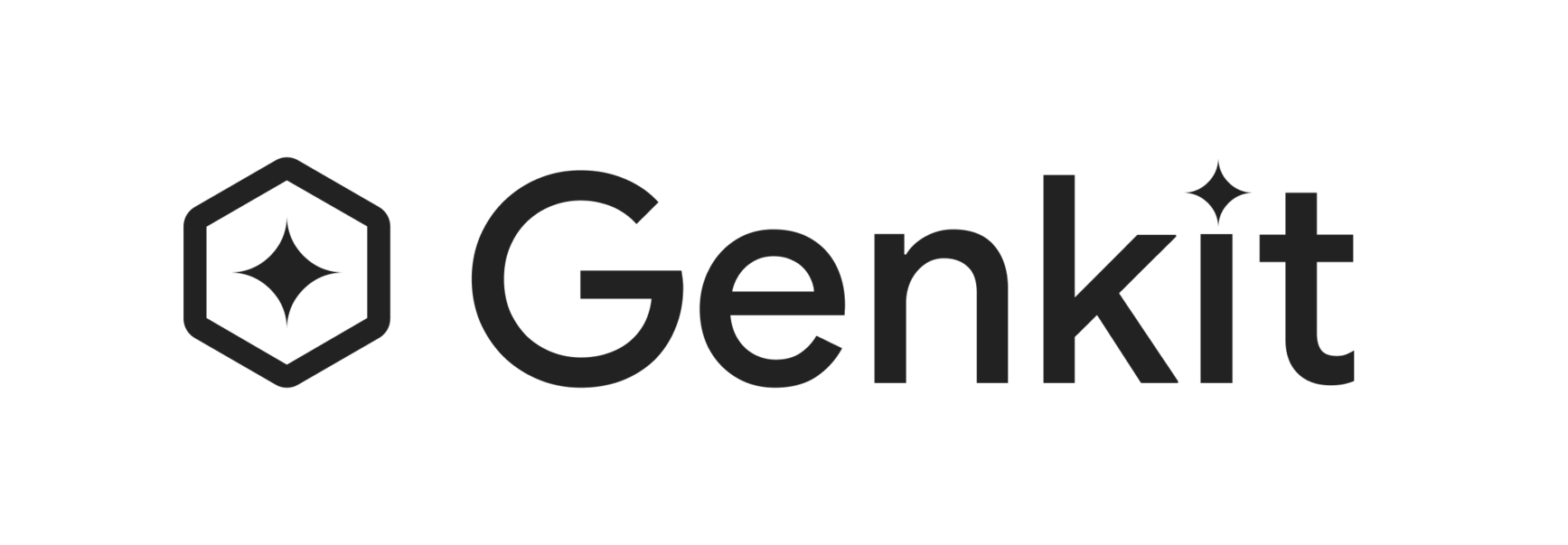Ollama Plugin
The Ollama plugin provides interfaces to any of the local LLMs supported by Ollama.
Installation
Section titled “Installation”npm install genkitx-ollamaConfiguration
Section titled “Configuration”This plugin requires that you first install and run the Ollama server. You can follow the instructions on: Download Ollama.
You can use the Ollama CLI to download the model you are interested in. For example:
ollama pull gemmaTo use this plugin, specify it when you initialize Genkit:
import { genkit } from 'genkit';import { ollama } from 'genkitx-ollama';
const ai = genkit({ plugins: [ ollama({ models: [ { name: 'gemma', type: 'generate', // type: 'chat' | 'generate' | undefined }, ], serverAddress: 'http://127.0.0.1:11434', // default local address }), ],});Authentication
Section titled “Authentication”If you would like to access remote deployments of Ollama that require custom headers (static, such as API keys, or dynamic, such as auth headers), you can specify those in the Ollama config plugin:
Static headers:
ollama({ models: [{ name: 'gemma'}], requestHeaders: { 'api-key': 'API Key goes here' }, serverAddress: 'https://my-deployment',}),You can also dynamically set headers per request. Here’s an example of how to set an ID token using the Google Auth library:
import { GoogleAuth } from 'google-auth-library';import { ollama } from 'genkitx-ollama';import { genkit } from 'genkit';
const ollamaCommon = { models: [{ name: 'gemma:2b' }] };
const ollamaDev = { ...ollamaCommon, serverAddress: 'http://127.0.0.1:11434',};
const ollamaProd = { ...ollamaCommon, serverAddress: 'https://my-deployment', requestHeaders: async (params) => { const headers = await fetchWithAuthHeader(params.serverAddress); return { Authorization: headers['Authorization'] }; },};
const ai = genkit({ plugins: [ollama(isDevEnv() ? ollamaDev : ollamaProd)],});
// Function to lazily load GoogleAuth clientlet auth: GoogleAuth;function getAuthClient() { if (!auth) { auth = new GoogleAuth(); } return auth;}
// Function to fetch headers, reusing tokens when possibleasync function fetchWithAuthHeader(url: string) { const client = await getIdTokenClient(url); const headers = await client.getRequestHeaders(url); // Auto-manages token refresh return headers;}
async function getIdTokenClient(url: string) { const auth = getAuthClient(); const client = await auth.getIdTokenClient(url); return client;}This plugin doesn’t statically export model references. Specify one of the models you configured using a string identifier:
const llmResponse = await ai.generate({ model: 'ollama/gemma', prompt: 'Tell me a joke.',});Embedders
Section titled “Embedders”The Ollama plugin supports embeddings, which can be used for similarity searches and other NLP tasks.
const ai = genkit({ plugins: [ ollama({ serverAddress: 'http://localhost:11434', embedders: [{ name: 'nomic-embed-text', dimensions: 768 }], }), ],});
async function getEmbeddings() { const embeddings = ( await ai.embed({ embedder: 'ollama/nomic-embed-text', content: 'Some text to embed!', }) )[0].embedding;
return embeddings;}
getEmbeddings().then((e) => console.log(e));The Ollama plugin provides interfaces to any of the local LLMs supported by Ollama.
Prerequisites
Section titled “Prerequisites”This plugin requires that you first install and run the Ollama server. You can follow the instructions on the Download Ollama page.
Use the Ollama CLI to download the models you are interested in. For example:
ollama pull gemma3For development, you can run Ollama on your development machine. Deployed apps usually run Ollama on a GPU-accelerated machine that is different from the one hosting the app backend running Genkit.
Configuration
Section titled “Configuration”To use this plugin, pass ollama.Ollama to WithPlugins() in the Genkit
initializer, specifying the address of your Ollama server and the response timeout
(defaulted to 30 seconds):
import ( "context" "log"
"github.com/firebase/genkit/go/ai" "github.com/firebase/genkit/go/genkit" "github.com/firebase/genkit/go/plugins/ollama")
func main() { ctx := context.Background()
ollamaPlugin := &ollama.Ollama{ ServerAddress: "http://127.0.0.1:11434", Timeout: 60, // Optional field, adjust accordingly }
g := genkit.Init(ctx, genkit.WithPlugins(ollamaPlugin))}To generate content, you first need to create a model definition based on the model you installed and want to use. For example, if you installed Gemma 3:
model := ollama.DefineModel( ollama.ModelDefinition{ Name: "gemma3", Type: "chat", // "chat" or "generate" }, &ai.ModelOptions{ Supports: &ai.ModelSupports{ Multiturn: true, SystemRole: true, Tools: false, Media: false, }, },)Then, you can use the model reference to send requests to your Ollama server:
resp, err := genkit.Generate(ctx, g, ai.WithModel(model), ai.WithPrompt("Tell me a joke."),)if err != nil { return err}
log.Println(resp.Text())Or you can refer to the model by its name:
resp, err := genkit.Generate(ctx, g, ai.WithModelName("ollama/gemma3:latest"), ai.WithPrompt("Tell me a joke."),)if err != nil { return err}
log.Println(resp.Text())See Generating content for more information.
The genkit-plugin-ollama package provides integration with Ollama, allowing you to run various open-source large language models and embedding models locally.
Installation
Section titled “Installation”pip3 install genkit-plugin-ollamaYou will need to download and install Ollama separately: https://ollama.com/download
Use the Ollama CLI to pull the models you would like to use. For example:
ollama pull gemma2 # Example modelollama pull nomic-embed-text # Example embedderConfiguration
Section titled “Configuration”Configure the Ollama plugin in your Genkit initialization, specifying the models and embedders you have pulled and wish to use.
from genkit.ai import Genkitfrom genkit.plugins.ollama import Ollama, ModelDefinition, EmbeddingModelDefinition
ai = Genkit( plugins=[ Ollama( models=[ ModelDefinition(name='gemma2'), # Match the model pulled via ollama CLI # Add other models as needed # ModelDefinition(name='mistral'), ], embedders=[ EmbeddingModelDefinition( name='nomic-embed-text', # Match the embedder pulled via ollama CLI # Specify dimensions if known/required by your use case # dimensions=768, # Example dimension ) ], # Optional: Specify Ollama server address if not default (http://127.0.0.1:11434) # address="http://custom-ollama-host:11434" ) ],)Then use Ollama models and embedders by specifying the ollama/ prefix followed by the model/embedder name defined in the configuration:
from genkit.ai import Document # Import Document# Assuming 'ai' is configured as above
async def run_ollama(): generate_response = await ai.generate( prompt='Tell me a short story about a space cat.', model='ollama/gemma2', # Use the configured model name ) print("Generated Text:", generate_response.text)
embedding_response = await ai.embed( embedder='ollama/nomic-embed-text', # Use the configured embedder name content=[Document.from_text('This is text to embed.')], # Pass content as a list of Documents ) print("Embedding:", embedding_response.embeddings[0].embedding) # Access the embedding vector
# Example of running the async function# import asyncio# asyncio.run(run_ollama())
